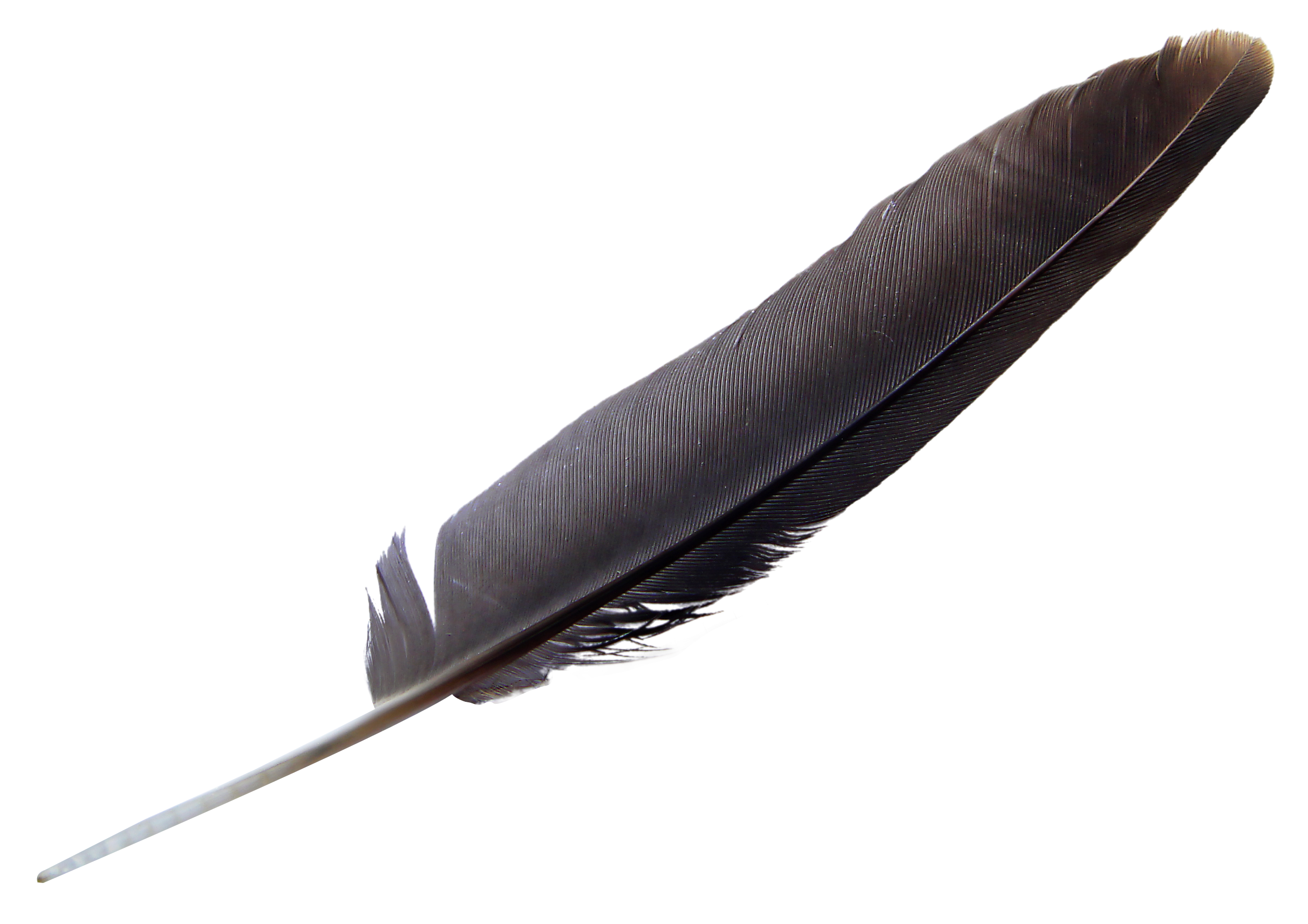Especially if you’re new to writing and publishing, you might think you don’t need to edit your poetry. After all, the poems we love seem so effortless. Surely the words were directly inspired by the Universe and could never have been anything other than what they are?
Er … no. That effortlessness is an illusion. It comes from hard (but enjoyable) work and attention to detail. Think about morning bed hair in movies. It looks like nothing was done, but that couldn’t be further from the truth. An actor’s hair is carefully styled for every shoot, and the hairdresser will touch it up, if necessary, before each take.1 Similarly, a successful poet will spend hours, days, or maybe even years sculpting and tweaking a text until the poem emerges in its final form. For example, the image accompanying this article is from an early draft of my poem trace, showing some of my editing markup and changes.
Expressing emotions effectively
If we’re writing poetry to explore, understand and express emotions, we want to make sure our poems do so as effectively as possible. One poet who is really good at this is the acclaimed Australian writer Marcella Polain. (I was incredibly privileged to have her as my principal PhD supervisor, helping me learn to edit my poems properly!) In her poem “now bird”, which is addressed to a young woman called “bird” who has died, Polain writes:
today a poet said no-one should write about birds anymore
I said nothing
your name in my mouth like a stone2
“Stone” is a concrete noun: it names something we can literally see, hear, smell, touch or taste. (More examples: tooth, rainbow, piano, Coca-Cola.) When we read “stone”, we imagine an actual stone in our mouth: cool, heavy, and tasting of earth and metal. How does that feel for you? I get an unsettling, slightly sick feeling. I want to speak or swallow, but I can’t because of the stone.
Now think about how we would feel if Polain had written:
your name in my mouth like a heaviness
“Heaviness” is an abstract noun: it names a concept, not a physical thing. (More examples: love, beauty, geometry, language.) Because of this, when we read “heaviness”, we don’t get a clear image, only a vague idea, so the feeling doesn’t come through.
This example illustrates how concrete words make our poems deeper and more evocative. Concrete language creates specific images that help the reader imagine themselves in the same situation as our speaker or character, feeling their emotions. Abstract language makes this harder, so it’s best to save it for when you really want to write about overall concepts instead of specific circumstances.
A poetry-editing strategy
How can we identify abstract language in our poems and decide what to do about it? Here’s a strategy that works for me.
- Read carefully through the poem from beginning to end and highlight (or underline) all the abstract nouns. (If you’re not sure about a word even after reading my discussion above, highlight it!)
- Go back to the beginning and work through the poem again. When you come to a highlighted word, you have three choices: delete it; change it to a concrete description (real or, as in Polain’s line above, imaginary); or keep it and write a note to yourself in the margin to explain why you need it.
You may find yourself rearranging whole lines or passages or coming up with entirely new ideas. After all, editing is half the fun of writing!
There’s more where that came from
From time to time, I plan to publish more articles about writing and editing poetry. If you don’t want to miss them, you can follow my new posts by email:
How to get help with editing your poetry
If we want our poems to achieve their full potential, it’s really useful to get feedback and suggestions, especially from more experienced poets. If you don’t know any, join your local writers’ associations and attend in-person or online poetry readings and workshops. Or contact me! As well as being an awarded, much-published poet, I’m also a trained, experienced editor and adult educator. Providing tactful feedback on people’s poetry and helping them polish and publish it is my absolute favourite kind of work! I can provide brief feedback or a detailed assessment with editing suggestions.
Happy writing and editing!
- https://www.backstage.com/magazine/article/set-terms-need-know-4974/ ↩︎
- Polain, Marcella. “now bird”. In the seven-eight count of unstoppable sadness, Puncher & Wattmann 2023, p. 52. ↩︎

